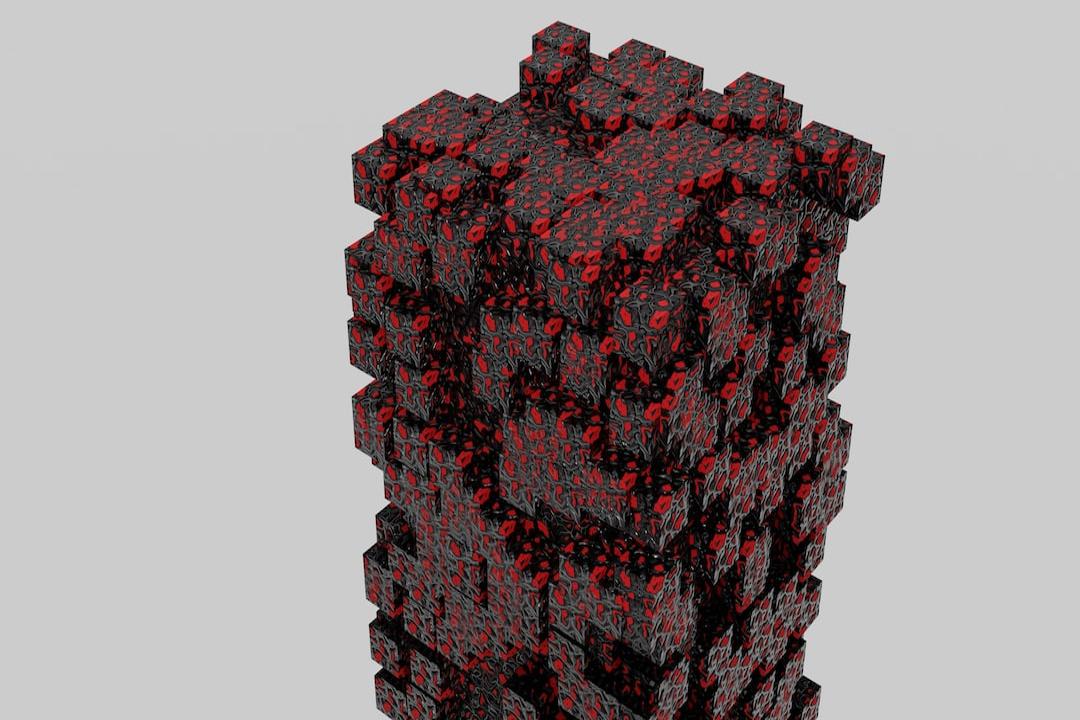Eric Chen, CEO of Injective Labs, on Institutionalized DeFi, Tokenized RWAs, and Revolutionizing On-chain Trading | Ep. 347
![img]
By Sead Fadilpašić
Last updated: June 28, 2024, 11:43 EDT | 5 min read
Cryptonews Podcast
Matt Zahab recently hosted an exclusive interview with Eric Chen, the CEO and co-founder of Injective Labs, a leading contributor to Injective, a layer-one blockchain network optimized for decentralized finance (DeFi) applications. Chen shared insights on institutionalized DeFi, the blending of DeFi and traditional finance (TradFi), and the attractive yields in these sectors.
Chen predicts that DeFi will achieve maturity and institutionalization by the end of this decade. He also compared Injective’s token burn mechanism to that of Ethereum.
**The DeFi-TradFi Convergence and Attractive Yields**
Chen highlighted the theme of “institutionalized DeFi” over the past year, noting increased integrations and interest from major financial institutions with substantial assets. This institutional involvement is influencing DeFi, leading to projects that integrate more closely with traditional financial systems, benefiting DeFi products.
The crypto industry is evolving, offering financial activities that combine resources and create synergy, appealing to both DeFi and TradFi sectors. These products are packaged to attract the broader TradFi market, capturing some of the high yields in the space. Chen noted that while many high yields are unsustainable, sensible APYs are expected to decrease as more institutions participate.
**DeFi’s Future Institutionalization**
Injective is actively providing services to its users and collaborating with large institutions. Chen mentioned a recent upgrade that included a real-world asset (RWA) module, allowing institutions to access and create structured products compliantly. Injective remains focused on DeFi, emphasizing composability and synergy within its ecosystem. The development of RWA pairs is pushing DeFi towards mainstream adoption.
Chen predicts that DeFi will become “heavily institutionalized” within four to five years, integrating with the global financial ecosystem while retaining its “cyberpunk rebel” nature. The process will start gradually but become exponential, with institutions moving deeper into DeFi activities.
**Token Burn Mechanism**
Injective has burned over 6 million native INJ tokens. Chen explained that this mechanism aligns the ecosystem’s value and economic incentives. Unlike Ethereum, Injective’s modules are optimized for financial-specific applications, providing efficiency and cost advantages. The burn mechanism is a blend of Ethereum’s native system and a utility-centric approach, offering a more direct process.
**Additional Insights**
In this interview, Chen also discussed:
– Building the fastest layer-one blockchain for DeFi
– Tokenizing real-world assets (RWAs)
– The reality of high yields and their sensibility
– Injective’s updates, including Helix 2.0
– Predictions for the second half of the year, focusing on institutional adoption
– The evolution of global crypto conferences
You can watch the full podcast episode [here](link).
**About Eric Chen**
Eric Chen is the CEO and co-founder of Injective Labs. Before founding Injective, Chen worked as a cryptography researcher and trader at Innovating Capital, leading market-neutral trading efforts and investing in notable companies such as 0x, Chainlink, and Cosmos. He has extensive knowledge of blockchain protocols and traditional finance, with insights into both Eastern and Western blockchain communities. Chen was featured in Forbes 30 Under 30 in 2023 for his work with Injective. He studied finance and computer science at NYU.
Follow Us on Google News


